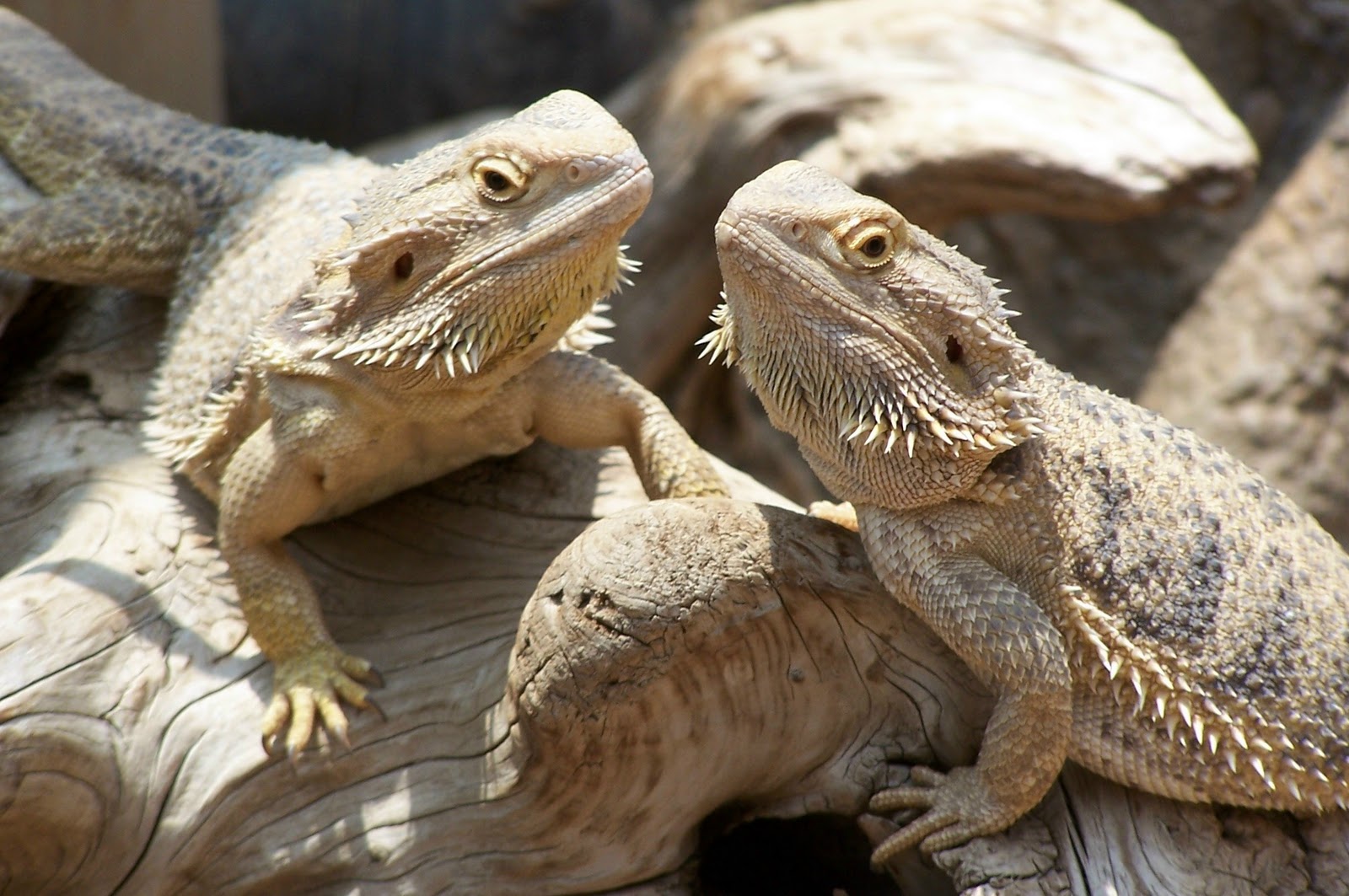The Ultimate Guide to Understanding the Humidity Requirements of a Bearded Dragon
The Importance of Understanding Humidity Requirements for Your Bearded Dragon
Bearded dragons are one of the most popular reptile pets around the world. They are not only friendly but also have unique personalities. As a responsible owner, it is important to understand the basic care requirements of a bearded dragon. One of the most critical aspects of caring for these pets is understanding their humidity requirements. In this guide, we will be discussing how much humidity your bearded dragon needs to keep them healthy and happy.
What is Humidity?
Humidity refers to the amount of moisture in the air. It is an essential factor for the overall health and well-being of your bearded dragon. Too much or too little humidity can lead to various health concerns for your pet. Therefore, it is crucial to maintain the ideal humidity level for your bearded dragon.
What is the Ideal Humidity Level for a Bearded Dragon?
The ideal humidity level for a bearded dragon is between 30% to 40%. You can measure the humidity using a hygrometer, which is an inexpensive tool available in most pet stores. It is essential to keep the humidity within this range to ensure your pet’s overall health.
How to Achieve the Ideal Humidity Level for a Bearded Dragon?
Achieving the ideal humidity level for a bearded dragon requires you to maintain the right enclosure, lighting, and ventilation. Following are some tips to ensure the right humidity level for your pet:
1. Provide a Properly Sized Enclosure

Your bearded dragon’s enclosure should be large enough to provide space for proper ventilation. A 40-gallon tank or larger is usually ideal for adult bearded dragons. A smaller enclosure can lead to stagnant air, which can cause the humidity levels to be too high.
2. Use Proper Lighting

Lighting plays a crucial role in maintaining the right humidity level for bearded dragons. A proper lighting setup includes both UVB and basking bulbs. The right combination of bulbs helps to maintain a healthy humidity level by promoting proper evaporation and natural air flow in the enclosure.
3. Provide Fresh Water

Providing fresh water in a dish within the enclosure can help to maintain the ideal humidity level. However, you need to ensure that the dish is not too deep and that your bearded dragon cannot accidentally tip it over. Change the water daily and keep the dish clean to avoid bacterial growth.
4. Keep the Enclosure Clean

A clean enclosure promotes healthy living conditions for your bearded dragon. Regular cleaning ensures that your pet does not develop any respiratory infections due to prolonged exposure to contaminated air. Regular wiping of the enclosure helps to maintain a healthy humidity level as it removes any stagnant air that may cause humidity levels to increase.
What Happens If the Humidity Level is Too Low?
Low humidity levels can cause your bearded dragon to suffer from dehydration, which can result in skin shedding issues, digestion problems and other health issues. These problems can become severe if not treated promptly. It is essential to address low humidity levels by identifying the cause and adjusting the environment accordingly.
What Happens If the Humidity Level is Too High?
Bearded dragons are native to arid environments and cannot tolerate high humidity levels for an extended period. High humidity levels can cause respiratory infections, skin fungus, and other health concerns. It is essential to address high humidity levels by identifying the cause and adjusting the environment accordingly.
Conclusion
Maintaining the proper humidity level is a crucial aspect of bearded dragon care. The ideal humidity level for a bearded dragon is between 30% to 40%. Achieving this level requires providing your pet with a suitable enclosure, proper lighting, and ventilation, fresh water, and regular cleaning. If you notice any abnormal behavior or health issues in your bearded dragon, it is essential to seek the advice of a veterinary professional who has experience with reptile care.
